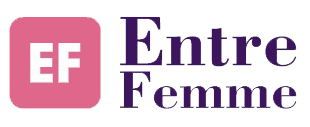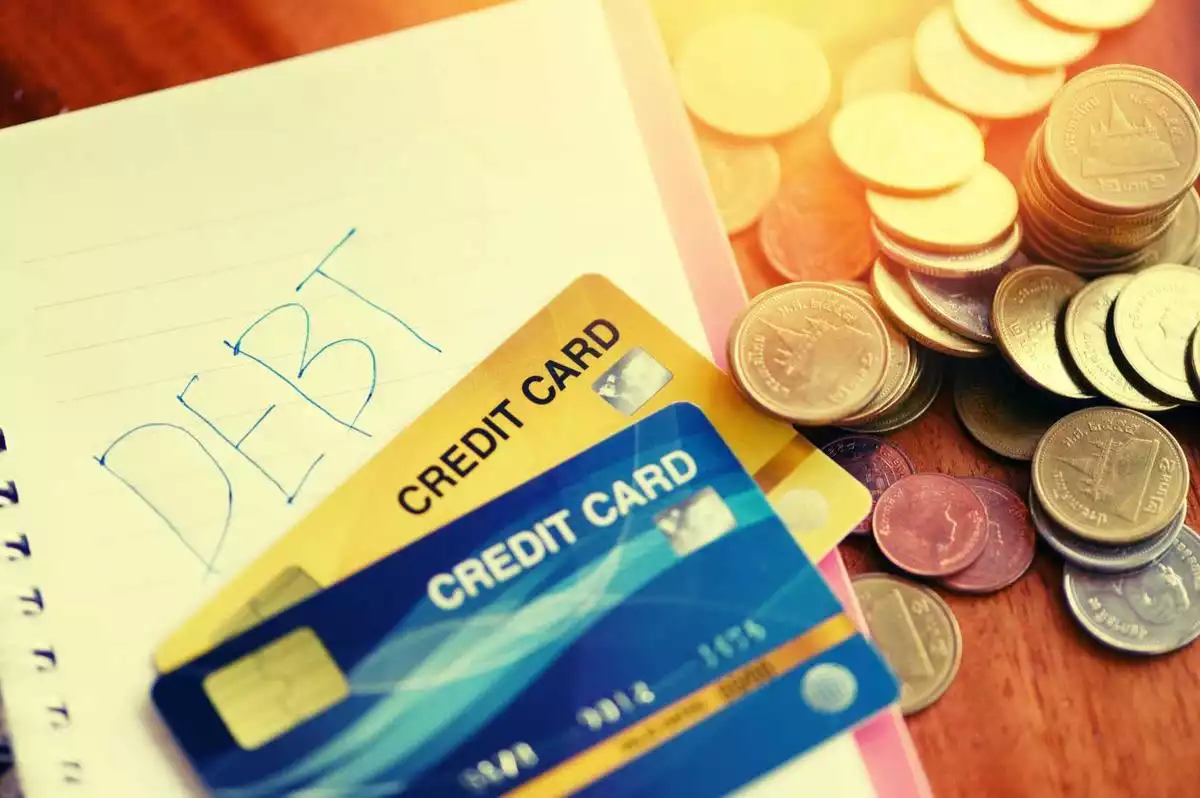how to manage Multiple credit cards (without going into debt)
Welcome back to entrefemme.com! Today, we're embarking on a journey to master the art of managing multiple credit cards without falling into the debt trap.
- Alice Monroe
- May 13, 2025
- 0 Comments
- 2487 Views
In the land of financial freedom, understanding how to wield your money, especially when it comes to credit cards and credit scores, is the key to unlocking success. Get ready for some invaluable insights to keep you in control of your finances and away from the clutches of debt.
I. Understanding Credit Cards: A Comprehensive Overview
Credit cards are powerful financial tools, but they can be a double-edged sword if not fully understood. In some European countries like France and in other African countries like Côte d'Ivoire, they are often called debit cards, as money is directly deducted from the cardholder's bank account. In the United States, they are known as credit cards because they allow borrowing money from the bank up to a certain predefined amount.
II. How Credit Cards Work:
Credit cards provide a line of credit to their holders, allowing them to spend up to a certain amount, known as the credit limit, and repay this money later. Every month, you receive a bill indicating the total amount you need to repay. If you pay this sum in full before the due date, you don't have to pay any interest.
You can also read: How To Avoid These Money Mistakes to Achieve Millionaire Status
III. Importance of Credit Score:
In the United States, one of the crucial aspects of credit cards is their impact on your credit score. The credit score is a number ranging from 300 to 850, evaluating your financial credibility. The higher the score, the more reliable you are considered to be in repaying your debts.
III. Decoding the Credit Score:
The credit score is calculated taking various factors into account, including:
- Payment History: Whether you repay your debts on time.
- Credit Utilization: The amount of credit you use compared to your total limit.
- Length of Credit History: How long you have had credit accounts.
- Types of Credit: The mix of different types of credit accounts (credit cards, mortgages, etc.).
- New Credit Applications: How many new credit applications you have made recently?
A good credit score is essential for obtaining loans with low interest rates, such as mortgages or student loans.
You can also read: 10 Smart Buys: Why Buying Used Just Makes Sense
IV. The Pitfall of Multiple Credit Cards:
It's common in the United States to have multiple credit cards, and this choice can have major financial consequences. The temptation to spend more than one actually has is real, especially when each card has its own limit. It's easy to end up with unpaid debts, resulting in massive interest.
V. How to Avoid Indebtedness:
Having several credit cards can be an advantage but also a risk. The temptation to overspend is real, especially when each card has its own limit. This can lead to unpaid debts and considerable interest. Prudent management is essential to avoid this financial trap. Here's a small trick to see these risks as an opportunity.
Intelligent management of your credit cards is crucial. By controlling your utilization rate (the proportion of credit used compared to the total limit), you can improve your credit score.
Consider this concrete example: imagine your card has a limit of 2,000 dollars, but 2,000 dollars can be spent quickly, so you're always at the limit. Your utilization rate is 100% because you're constantly spending the maximum you can. But at least you pay the entire balance. Your credit score improves, but slowly, because your utilization rate is too high. So, you get another credit card with a bank, let's say it has the same interest rate. Now, you have the capacity to borrow a total of 4000 dollars, and if you continue to use 2000 dollars, your utilization rate will decrease by 50%. As long as you pay on time and maintain a low utilization rate, your credit score will improve, and your limit will increase, enhancing your borrowing capacity.
You can also read: Stay Cool and Beat the Heat with a Neck Fan: Your Ultimate Guide to Beating the Summer Heat
VI. The Necessity of Control:
However, with the power to borrow more comes the need for increased financial discipline. More cards mean more responsibilities. It's essential to closely monitor your expenses, pay on time, and maintain a low utilization rate to avoid falling into uncontrollable debt. Some banks are understanding in case of occasional forgetfulness, so you can approach them if you forget, but that shouldn't be an excuse to lose control over your finances.
Understanding how credit cards and credit scores work is the key to navigating the complex world of personal finances, whether in France or the United States. Responsible use of these financial tools can open doors, while imprudent management can lead to a cycle of debt that's hard to break. Vigilance and discipline are essential assets in managing your financial well-being. Finally, feel free to comment if this tip helped you, especially if you have new ones to share. Personally, I use it, and it works well. Also, don't hesitate to seek advice from your bank, which can provide you with more tips and tell you if this trick can work in your case.

 | Unlock Success with Our Guide
| Unlock Success with Our Guide



0 Comments